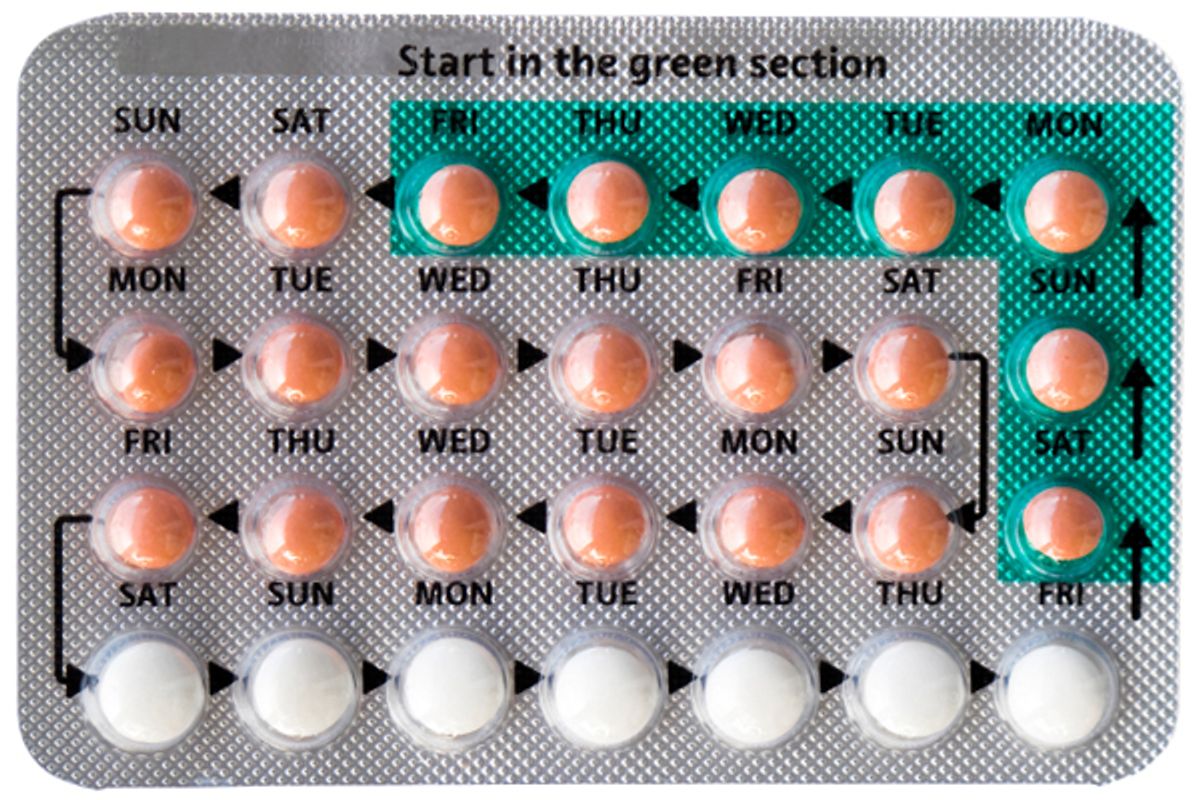Irregular Periods: Symptoms, Causes, Treatment
What are the symptoms of an irregular period?
An irregular period, also known as oligomenorrhea, is characterized by a menstrual cycle that is shorter than 21 days or longer than 36 days, or a cycle that varies in length from month to month. Symptoms of an irregular period can vary depending on the underlying cause, but may include:
- Infrequent periods: Some women with irregular periods may have fewer than nine periods in a year.
- Frequent periods: In some cases, women with irregular periods may have more than 14 periods in a year.
- Heavy or prolonged bleeding: Irregular periods may be accompanied by heavy or prolonged menstrual bleeding.
- Light or scanty bleeding: Some women with irregular periods may experience light or scanty menstrual bleeding.
- Missed periods: Irregular periods can also cause missed periods, where a woman does not have a period for several months.
- Pain or cramping: Some women may experience abdominal pain or cramping during their irregular periods.
- Changes in menstrual flow: Women with irregular periods may notice changes in the consistency or color of their menstrual blood.
- Other symptoms: Irregular periods may be accompanied by other symptoms, such as acne, weight gain or loss, hair growth in unusual places (such as the face), or changes in mood.
It’s important to note that occasional irregular periods are common and may not always indicate a serious underlying condition. However, if you are experiencing frequent or persistent irregular periods, or if you have concerns about your menstrual cycle, it’s important to talk to your healthcare provider. They can help determine the cause of your irregular periods and recommend appropriate treatment options.
What are the causes of an irregular period?
Irregular periods can have a variety of causes, ranging from hormonal imbalances to underlying medical conditions. Some common causes of irregular periods include:
- Hormonal imbalances: Fluctuations in hormone levels, particularly estrogen and progesterone, can disrupt the normal menstrual cycle and lead to irregular periods. This can occur due to factors such as stress, excessive exercise, rapid weight loss or gain, or conditions such as polycystic ovary syndrome (PCOS) or thyroid disorders.
- Puberty or menopause: During puberty and menopause, hormonal changes can cause irregular periods as the body transitions into or out of the reproductive years.
- Polycystic ovary syndrome (PCOS): PCOS is a common hormonal disorder characterized by irregular periods, ovarian cysts, and high levels of androgens (male hormones) in women. PCOS can disrupt ovulation and lead to irregular or absent periods.
- Thyroid disorders: Conditions such as hypothyroidism or hyperthyroidism can disrupt hormone levels and lead to irregular periods.
- Uterine fibroids: Uterine fibroids are noncancerous growths in the uterus that can cause irregular menstrual bleeding and other symptoms.
- Pelvic inflammatory disease (PID): PID is an infection of the female reproductive organs that can cause irregular periods, along with pelvic pain and other symptoms.
- Stress: Physical or emotional stress can disrupt hormone levels and lead to irregular periods.
- Eating disorders: Disorders such as anorexia nervosa or bulimia can disrupt hormone levels and lead to irregular periods.
- Medications: Certain medications, such as hormonal contraceptives, antipsychotics, or chemotherapy drugs, can cause irregular periods as a side effect.
- Excessive exercise: Intense or excessive exercise can disrupt hormone levels and lead to irregular periods, a condition known as exercise-induced amenorrhea.
- Other medical conditions: Certain medical conditions, such as diabetes or liver disease, can disrupt hormone levels and lead to irregular periods.
If you are experiencing irregular periods, it’s important to talk to your healthcare provider. They can help determine the underlying cause and recommend appropriate treatment options.
What is the treatment for irregular periods?
The treatment for irregular periods depends on the underlying cause. In many cases, making lifestyle changes and addressing underlying health issues can help regulate the menstrual cycle. Treatment options for irregular periods may include:
- Hormonal birth control: Birth control pills, patches, or hormonal intrauterine devices (IUDs) can help regulate the menstrual cycle and reduce symptoms of irregular periods.
- Lifestyle changes: Maintaining a healthy weight, eating a balanced diet, getting regular exercise, and managing stress can help regulate hormone levels and improve menstrual regularity.
- Medication: In some cases, medication may be prescribed to help regulate hormone levels and improve menstrual regularity. This may include medications to treat underlying conditions such as PCOS or thyroid disorders.
- Surgery: In some cases, surgery may be recommended to treat underlying causes of irregular periods, such as uterine fibroids or endometriosis.
- Alternative therapies: Some women find relief from irregular periods with alternative therapies such as acupuncture, herbal supplements, or dietary changes. It’s important to talk to your healthcare provider before starting any alternative therapies to ensure they are safe and effective.
- Management of underlying conditions: Treating underlying conditions such as PCOS, thyroid disorders, or diabetes can help improve menstrual regularity.
- Counseling or therapy: In some cases, counseling or therapy may be helpful for managing stress or emotional issues that may be contributing to irregular periods.
It’s important to talk to your healthcare provider if you are experiencing irregular periods. They can help determine the underlying cause and recommend appropriate treatment options.




